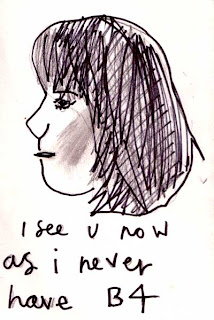
This is a follow up to the previous blog I wrote about ‘Who are You?’. One vital aspect of the question ‘Who are you?’, is if we remain the same person throughout our whole life. You might think you do, I might think I do, but the reality is that we change as time passess, as we encounter different life experiences, and as we meet new people in our lives, who put their footprints in us. All these factors bring along changes, changes that happen so slowly without our councious realisation of them. Due to this we might not even realise that we are under constant change, which surely makes it difficult to answer ‘Who are you?’.
The great Philosopher John Locke suggested this answer to what a person is: ‘what person stands for...a thinking, intelligent being that has reason and reflection and can consider itself as itself, the same thinking thing in different times and places.’
It has been knows for quite a while that replacement occurs within the human body. For example, our gut lining is replaced every five daysø the skinæs outer layer every two weeks, red blood cells every 120 days, bones every ten years, and muscles between the ribs every 15 years. What only remains the same is the brain, it is as old as we are, unless that changes too due to injury or disease. So our bodies changes, and so does our behaviour and thoughts as life passess, so now try answering the questions that was raised in my previous blog, Who are you?











